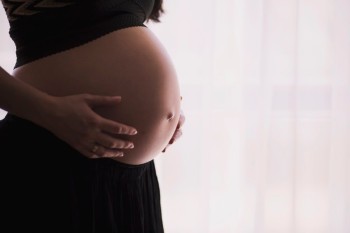Experiences of dietary advice and nutrition-related information: a qualitative analysis of primigravid women in England during the COVID-19 pandemic
Abstract
Background
There is limited research in England on the impact and experiences of dietary advice and nutrition-related information for pregnant women. However, overseas research has shown that such information can cause women to feel anxious and confused. This study aimed to analyse the impact and experience amongst primigravids in England.
Methodology
This was a qualitative study. Twelve semi-structured individual interviews were carried out (videoconference and telephone). Interviews were audio recorded and transcribed verbatim. Inductive thematic analysis was used for data analysis. Data quality measures were adhered to throughout the research process.
Results
Five major themes were identified: ‘physiological changes and taste preferences’, ‘the health and safety of the baby comes first’, ‘scarcity of nutrition information given’, ‘seeking nutrition information for control’ and ‘every pregnant woman is unique’. Participants put the health and safety of their baby first, and this was amplified due to the COVID-19 pandemic. There was a lack of information given to participants from health care professionals. Information was broadly sought out as a way of exerting control; either to feel informed, or to restrict contact with new information in order to avoid feeling overwhelmed. In both cases, participants expressed that information was abundant. Official dietary guidelines were seen as trustworthy but too generic and not applicable to them. Some participants used multiple pregnancy apps with inaccurate information.
Conclusions
As nutrition in pregnancy is important for the woman and the growing foetus, midwives are in a critical position to advise primigravids in England. Further research is needed to understand their barriers for doing so. More is needed from the National Health Service to signpost women to using evidenced-based pregnancy apps and to enable a healthy nutrition environment post-pregnancy.

Authors retain all copyrights. In making a submission to World Nutrition, they are certifying that all material is theirs except quotations, as indicated, and that they have obtained permission for any photos, tables, or graphics taken from other publications or websites.




